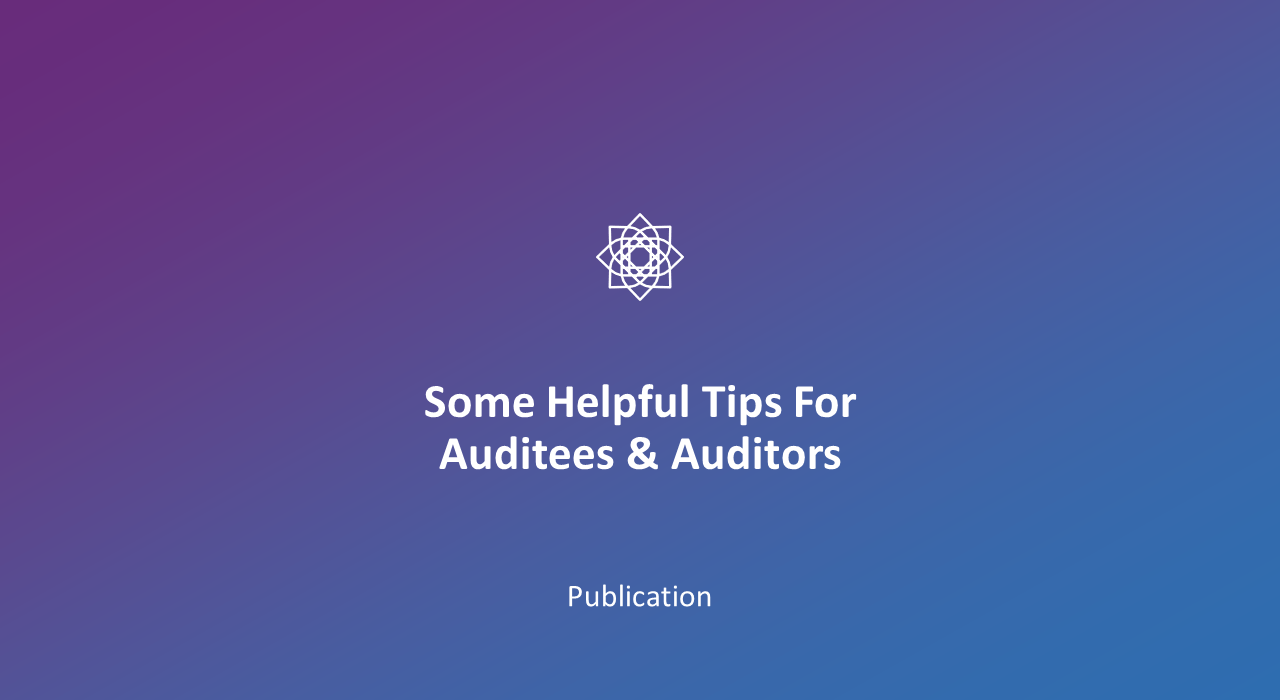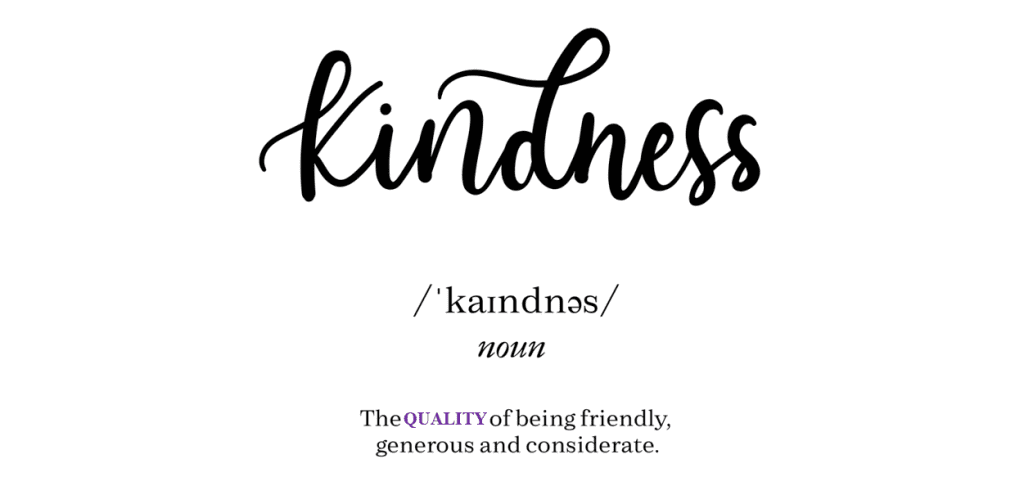Audit In The Way That You Would Like To Be Audited

Having been an auditee and an auditor, I have seen how difficult we can make it for the auditee.
My top 2 words of advice would be to BE KIND.
As an AUDITEE, we know that there are gaps in our processes and sometimes we are just not given the time or resource to have these resolved. My advice to the auditee would be to perform a formal GAP assessment and document all areas weaknesses, ideally, by someone outside of the business so they can provide a non-bias view of where standards have slipped or are slipping.
Once you have the gap assessment, perform a risk assessment of these and place them in order of priority in having them resolved. Keep these documents to hand when being audited so the auditor can see you are in control of all your processes, and for those where you are unable to get to on time, you have identified these and assessed them in terms of their impact on patient, product and regulations. No one is perfect, so an open and honest approach will serve you well during an audit.
As an AUDITOR, we know that we can only do so much of our own work, whether that be writing the audit agendas and writing hundred audit reports in a year and all the other activities involved in performing the audits. This can stretch us and sometimes, we also will slip on our yearly audit schedule. Knowing this happens to us as an auditor we should be mindful that the auditee is also in a very similar situation.
When I mention BE KIND, understand that auditees have a tough job. Pressures of senior management expectations, work commitments and I am sure personal life challenges would also add to this burden. When an observation is identified, where it is a CLEAR departure from the regulations, then be empathetic and try and make the auditee understand in the kindest way possible, the consequences to patient, product and regulation as a result of the observation. Most importantly, mention this observation as soon as you identify it and NOT saving it only for the audit closeout meeting. This approach will go a long way in achieving a successful outcome for the auditor and the auditee.
If you would like support with performing GAP Assessments, Risk assessments of your Quality processes or even audits of your global suppliers, please contact us at info@inglasia.com.
Written by: Sanjay Nadarajah, GMP/GDP Consultant

